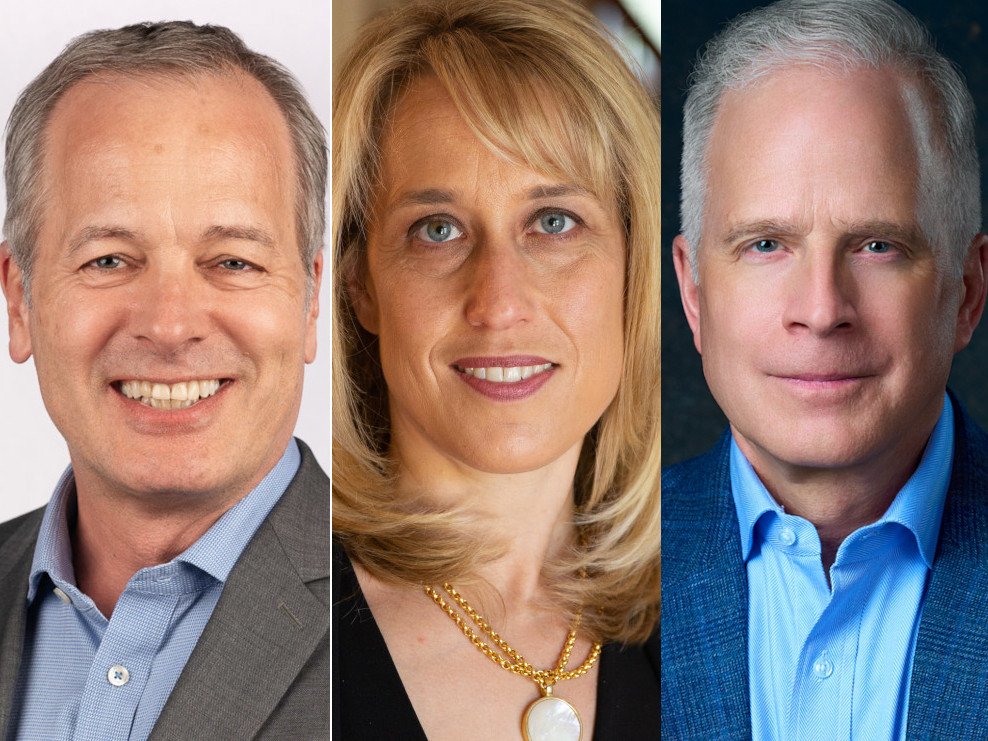As wealthy families grow, their needs become more complex. They require more sophisticated and expensive advice, and these higher costs make it increasingly challenging to manage a single-family office.
It’s why SFOs are increasingly partnering with multi-family offices to access the technical expertise these larger operations offer.
“SFOs are just trying to keep it all together and are challenged by that,” says Steve Ivacko, partner, Family Office Services, at MNP in Vancouver. “Our family office group works with single-family offices because they sometimes need extra horsepower in something they don’t have internally.”
It’s often the smaller SFOs that seek this type of arrangement, says Michael McFaul, senior advisor at Gerald Pulvermacher & Associates (GPA) in Ottawa.
“Most single-family offices with over $1 billion have the necessary capital to hire a broad range of advisors, either on a full- or part-time basis,” McFaul says. “Single-family offices with less than $500 million often look to multi-family offices as a source of shared expertise.”
This trend has increased significantly in recent years, he adds. “SFOs are looking to drive growth by focusing on their core business capabilities while increasingly looking to ‘partners’ that can bring deep expertise at a lower cost. The demand for MFO services will increase over the coming years.”
For Chris Gandhu, partner and family office leader at KPMG in Calgary, it comes down to staying competitive. The combination of rising compliance burdens, talent shortages and market volatility has made it clear that smaller SFOs simply can’t operate in a silo anymore, he says.
“Any smaller SFO that isn’t at least exploring this trend is falling behind,” he says.
Help wanted
Running a full-fledged SFO is expensive, complicated and increasingly unnecessary, says Gandhu. Many families are realizing that they don’t need to bear the full cost of infrastructure when an MFO can offer the same—or better—services at a fraction of the cost.
Plus, as families’ expectations of their SFOs increase, they often require the sophisticated and multi-jurisdictional advice MFOs can offer, he says.
“SFOs that require access to specialized advisors regarding investment management, family governance, investment reporting, legal or tax issues can benefit from partnering with an MFO that has this diverse expertise,” he adds.
Then there are the costs of maintaining a full-fledged SFO—staffing, premises, technology infrastructure and licensing, among other things. They can be hard to justify for a smaller firm, says Gandhu, particularly talent and technology.
“By partnering with an MFO and outsourcing some of these, the smaller SFOs can leverage economies of scale and reduce their operating costs,” he says.
SFOs can often choose which services they’d like to access from an MFO on an as-needed basis, he adds.
Any smaller SFO that isn’t at least exploring this trend is falling behind.
Chris Gandhu, KPMG in Calgary
Ivacko says, “Maybe they just need specific tax advice on an international situation, where they wouldn’t necessarily have an international tax expertise internally,” he says. Or they might need a second set of eyes on a governance issue in a situation where an SFO is facing some family dynamics challenges.
Or it might be guidance regarding a family member marrying someone from a foreign country, “or the kids go away to school and need to relocate abroad,” he adds.
“One family basically said to me, ‘Look, we’ve had the same advisors for 20 years, and we never really questioned anything, and never really had a second set of eyes on anything.’ So bringing in our group to offer a fresh perspective was important,” Ivacko adds.
Gandhu recently worked with an SFO that was struggling with governance and succession planning.
“Their rising operational burden and lack of structured decision-making were leading to misalignment among family members,” he says. Through the MFO, “they gained access to dedicated expertise in family enterprise dynamics, allowing them to shift focus from internal challenges to long-term wealth continuity.”
Bumps in the road
While these partnerships usually result in benefits, SFOs might encounter unexpected surprises, Ivacko says. Smaller firms are used to exclusivity, for instance, and MFOs have multiple masters.
“Clients may still want that exclusivity, potentially for some of their administrative tasks,” he says.
As well, sticker shock can result when the SFO is presented with the bill. Some MFOs in large centres such as Toronto can charge $1,000 an hour, Ivacko says. Some SFOs see the return on investment and recognize this fee means they can deliver a higher level of service to their families, but others may balk.
“It depends on the resources they have,” he says. “If it’s been a single-family office for a long time, they probably have the resources. But they may not be used to spending [that kind of money].”
SFOs are expected to increasingly form partnerships with MFOs, says McFaul. Many are looking to boost growth and deliver improved client service.
Gandhu adds that the MFO industry will continue to evolve and grow, offering more options to smaller SFOs.
“Within the next decade,” he predicts, “we’re going to see a significant number of SFOs either merge or restructure into MFO partnerships.”
The Canadian Family Offices newsletter comes out on Sundays and Wednesdays. If you are interested in stories about Canadian enterprising families, family offices and the professionals who work with them, but like your content aggregated, you can sign up for our free newsletter here.
Please visit here to see information about our standards of journalistic excellence.




